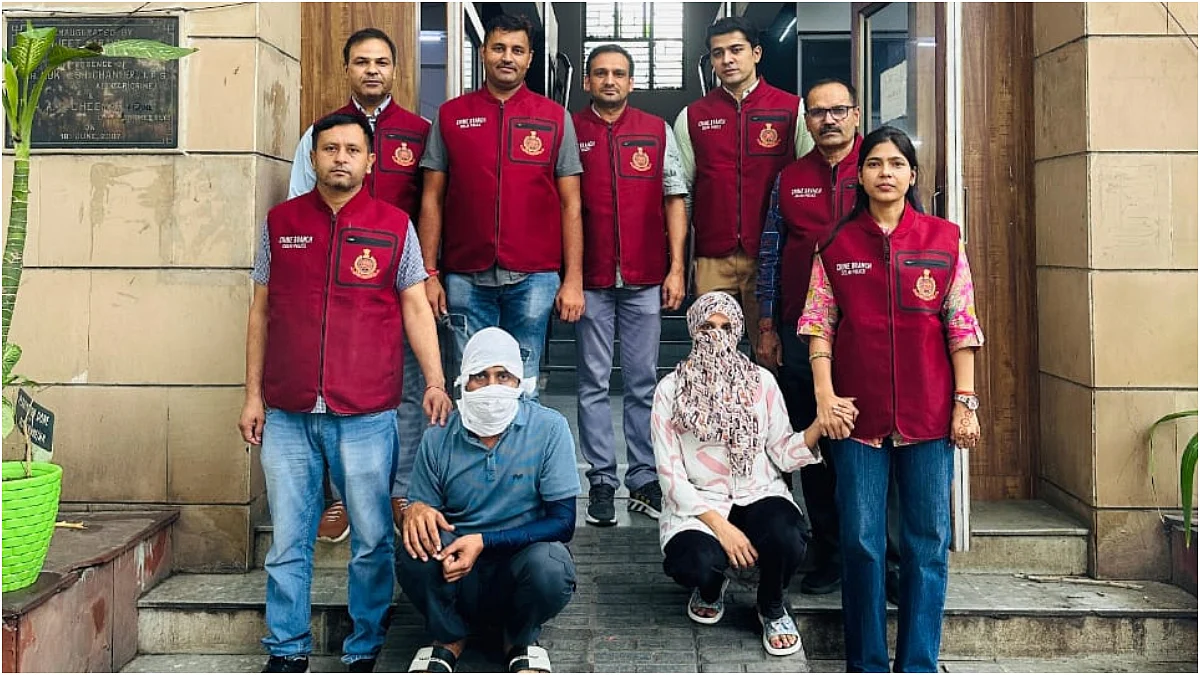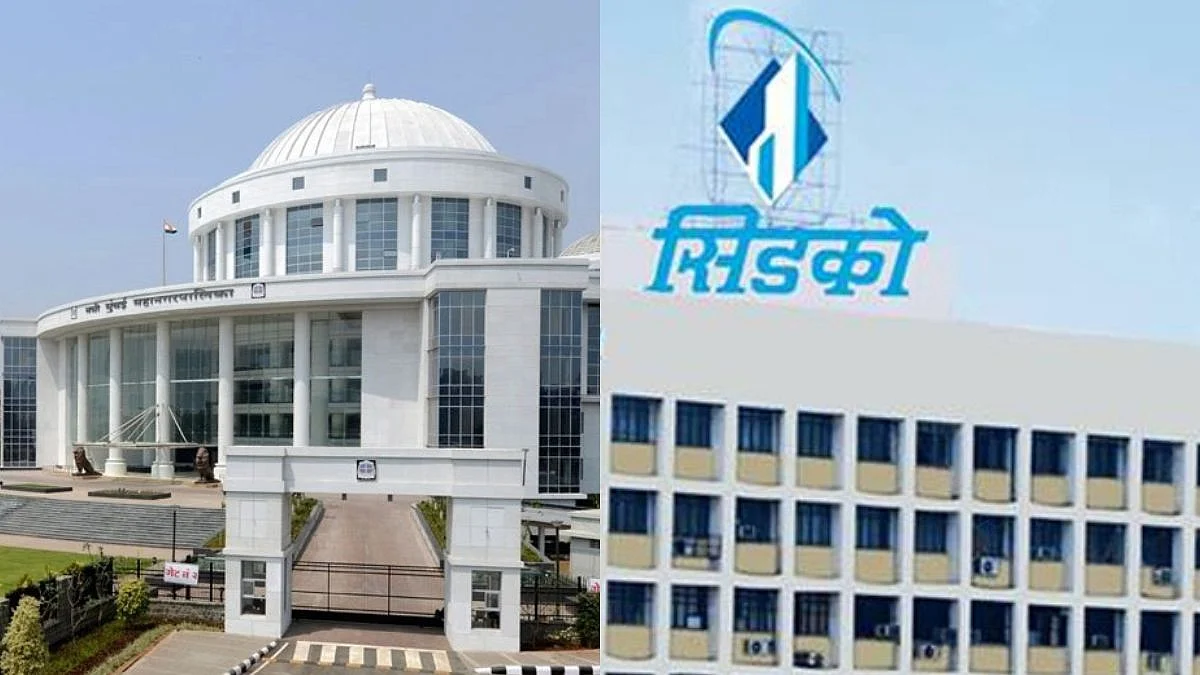Mumbai: The Maharashtra government will soon request the Union Health Ministry to include thalassemia under the ambit of the National Sickle Cell Disease Programme, Health Minister Prakash Abitkar announced early this week. The move aims to extend central government benefits and support to thalassemia patients, similar to those currently available for sickle cell patients.
Maharashtra Seeks Inclusion of Thalassemia in National Health Programme
Speaking at a review meeting held at the Directorate of Health Services in Mumbai, Abitkar said that inclusion in the national programme would enable structured support for thalassemia patients, including free diagnosis, treatment, awareness drives, and welfare schemes.
Thalassemia is an inherited blood disorder that affects your body’s ability to produce hemoglobin and healthy red blood cells. Types include alpha and beta thalassemia. Thalassemia may cause you to experience anemia-like symptoms that range from mild to severe. Treatment can consist of blood transfusions and iron chelation therapy.
He also reviewed the ongoing efforts for early diagnosis, treatment, and prevention of the disease, and discussed financial allocations for the fiscal year 2025-26. Currently, only sickle cell disease is covered under a national programme, making it eligible for central assistance.
Highlighting the need for increased awareness, the minister urged citizens to undergo premarital thalassemia testing, and called for routine screening of pregnant women and college students.
Structured Support Likely Through National Coverage
To strengthen state-level response, Abitkar directed the formation of a state thalassemia eradication committee, headed by the Health Commissioner. The committee will include representatives from NGOs, Red Cross Society, Indian Medical Association, and medical experts, and will be given a clear timeline for implementation.
At the meeting, the Jan Kalyan Committee also presented details of thalassemia-related initiatives being carried out across Maharashtra in partnership with voluntary organisations.
Worrying Prevalence in Pediatric Patients
A study carried out between 2021 and 2022 that included a total number of 287 patients in and around Mumbai District, Maharashtra, showed a prevalence of thalassemia to be around 6.2% in the total number of admitted patients in the pediatric ward.
According to Union Ministry of Health and Family Welfare, India has the largest number of children with Thalassemia major in the world, about 1 to 1.5 lakhs, and about 10,000 -15,000 children having Thalassemia major are born every year. The only cure available for such children is bone marrow transplantation (BMT). However, BMT is difficult and not affordable by the parents of all these children. Therefore, the mainstay of treatment is repeated blood transfusions, followed by regular iron chelation therapy to remove the excessive iron overload, consequent to the multiple blood transfusions.
Top Officials Attend Strategic Review Meeting
The meeting was attended by Health Commissioner Dr. Kadambari Balkawade, Joint Director Dr. Sanjeev Jadhav, Assistant Director of State Blood Transfusion Council Dr. Purushottam Puri, as well as representatives from the Chief Minister’s Office and the health department.









